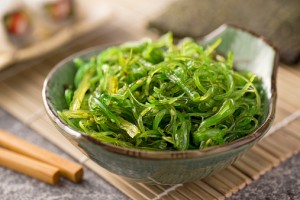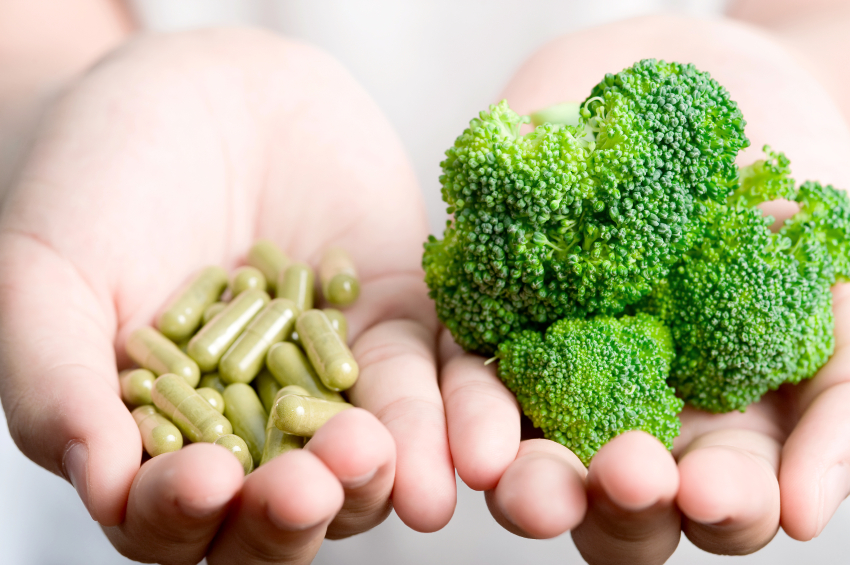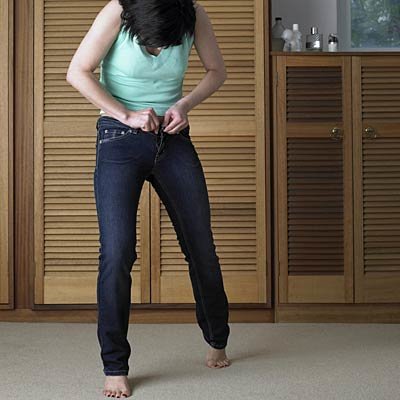3 Types Of Gluten-Free
My own doctor diagnosed me with "fatigue" when I explained that I was sleeping 12 hours a night and still feeling tired. But she didn't look into why I was feeling fatigued. Which is pretty wild, considering that the National Foundation for Celiac Awareness, cites "fatigue" as one of the most common symptoms of Celiac Disease.
If something seems abnormal, shouldn't we always look into why?
I requested a blood test, and the results suggested that gluten was an issue for me. This showed me that there was a way to cure my fatigue rather than just deal with it--I had to eliminate gluten.
As someone who needs to eat gluten-free, it made me wonder why other people who had the freedom to eat a baguette every so often would give that up. Sure, I know that celebrities dieting is nothing new or abnormal. But I still wondered why "gluten-free" was becoming so popular. Here's what I've decided.
1. Eliminating carbs and sugars
Because eating gluten-free means eliminating foods like bread, pancakes, pasta, cereal, muffins, cakes, and cookies (I swear it's really not that bad!), you can certainly lose weight on a gluten-free diet because you are eliminating all of those carbohydrates and sugars.
Celiacs, however, might actually gain weight on a gluten-free diet. According to Merck, they can have problems absorbing the proper nutrients from the foods they eat due to atrophy of the villi in the small intestine from gluten consumption. Malabsorption can lead to malnutrition. So when celiacs start eliminating gluten, they start absorbing nutrients from the foods they eat, and will put on some healthy weight.
2. Eliminating certain foods but increasing the amounts of other foods
Celebrities who eat gluten-free but don't have Celiac Disease may indeed lose weight, but is it healthy for someone who does not have a gluten sensitivity to eliminate gluten from their diet? The celeb who loses 30 pounds after eliminating gluten may look thin, but is she healthy? Or do wheat products provide necessary nutrients that she'll be missing on a gluten-free diet?
If you don't have any type of gluten sensitivity but want to adopt a gluten-free diet, you should be aware that eating gluten-free doesn't just mean eliminating certain foods (that would be too easy). It also means increasing the amount of certain foods to make up for lost calories. Gluten-free eating shouldn't be thought of as a diet--it's not about elimination, it's about adjusting. Less pasta, more broccoli. Less pancakes, more eggs.
3. Still eating breads and pasta but buying products labeled "gluten free"
You might eat gluten-free and not lose any weight at all. Why? Many gluten-free foods have same amount of calories, carbs, fats, and sugars as "regular" foods.
Eating gluten-free can mean two things: (1) eliminating gluten completely without substituting ingredients like cornstarch, or (2) still eating donuts and pasta, but buying those products labeled "gluten-free."
If you're still eating gluten-free bread, you're still consuming carbs and sugars from the ingredients used in place of wheat gluten. Instead of taking a sandwich for lunch, if you take cold cuts, a salad, and raw mixed nuts, you'll be eliminating those carbs from your diet, and you'll be eliminating pounds from the scale.
So before you start eating gluten-free because "everybody else is doing it," think about what type of gluten-free you want to be, and why.
Photo Credit: Shutterstock.com
Related Articles
-
Once You Lose The Weight How Do You Keep It Off?
Statistics show that the only 10 percent
-
How To Lose Weight And Not Put It On Again
Success in weight loss can be an elusive
-
Pectin – A Key to Long-Term Weight Loss
Pectin is just one kind of fiber. In ge
-
How To Reduce Fat – Basic Tips
How to reduce fat and burn fat can be monotonous to learn about, and e
-
Diabetes, The Truth About Fat Loss And Fitness Programs
What is absolutely bad to the diabetic t
-
The Biology Behind the Size of Your Behind
The new year always seems to bring about the urge to get in shape - a
- DON'T MISS
- Benefits of fruit peels
- Constant heartburn linked to stomach, esophageal cancer
- Just One Ingredient Can Make a Big Difference
- Why I exercise - because I LOVE it!
- Build Weight Loss Success Through These Expert Tips
- A Can Of Soda Weighs 5 Lbs
- How to eat more than you burn (without gaining weight)
- L-Carnatine For Engery and Fat-loss.
- Whats the Omega 3 and Weight Loss Connection Everybodys Talking About? Can Omega 3 Benefits Really Make You Lose Weight Faster and Easier?
- 5 Practical Tips For Every Dieter




